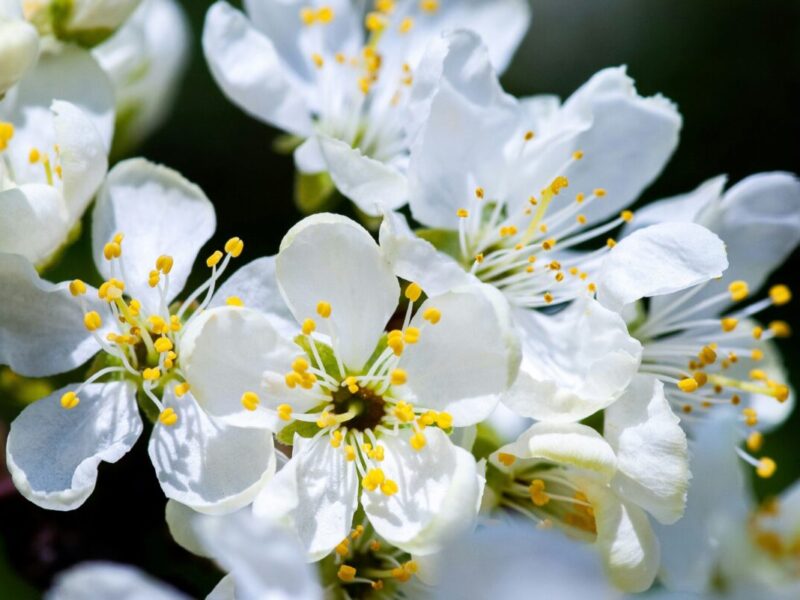Six Poems for Celebrating the Spring Season
The vernal equinox has come and gone, marking the official arrival of spring. As we move into this new season, we are reminded that poets have long found inspiration in the rebirth of nature, the thawing of winter’s frost, and the promise of new beginnings. From the blossoming of flowers to the rejuvenation of spirits, springtime invokes a sense of renewal and hope. To celebrate the essence of the season, don’t miss these six beautiful poems.
“Lilacs” by Amy Lowell
In “Lilacs,” Amy Lowell paints a vivid picture of the delicate lilac blossoms that emerge with the arrival of spring. She skillfully intertwines sensory imagery with the anticipation of warmer days, evoking the essence of renewal and growth that defines the season. Lowell’s poem invites readers to immerse themselves in the fragrant beauty of spring and revel in the joy of newfound life.
“After the Winter” by Claude McKay
Claude McKay’s “After the Winter” reflects on the contrast between the harshness of winter and the gentle emergence of spring. Through poignant imagery and emotive language, McKay celebrates the resilience of nature as it awakens from its slumber. His poem serves as a reminder of the cyclical nature of life, offering solace and optimism in the face of adversity.
“Three Haiku, Two Tanka” by Philip Appleman
In “Three Haiku, Two Tanka,” Philip Appleman distills the essence of spring into concise yet evocative verses. Through the traditional Japanese forms of haiku and tanka, Appleman captures fleeting moments of beauty—from cherry blossoms in bloom to the song of birds at dawn. His minimalist approach highlights the simplicity and purity of the season, inviting readers to pause and appreciate the wonders of nature.
“Spring” by Edna St. Vincent Millay
Edna St. Vincent Millay’s “Spring” juxtaposes lush imagery and vibrant imagery with darkness and melancholy. Through her masterful use of language, Millay captures the inexorable march of time and the enduring cycle of renewal that defines the natural world.
“Earthy Meditations” by Robert Wrigley
“Earthy Meditations” by Robert Wrigley invites readers to commune with nature and revel in its untamed beauty. Wrigley’s contemplative verses explore the intricate connections between humanity and the natural world, inviting readers to embrace the wonder of existence. His poem reminds us of the profound bond between all living things, urging us to cherish and protect the fragile ecosystems that sustain life.
“Spring” by Elfriede Jelinek
Elfriede Jelinek’s “Spring” offers a provocative exploration of the season’s dual nature—its capacity for both growth and decay. Through her stark imagery and unflinching language, Jelinek exposes the darker undercurrents beneath spring’s facade of beauty and vitality. Her poem challenges readers to confront the complexities of existence and to find meaning amidst the chaos of life’s inevitable cycles.
From the delicate blossoms of lilacs to introspective musings of the cycle of life, each poem invites readers to pause and reflect on the profound beauty of the season. As we celebrate the equinox’s passing and the promise of new beginnings, may these verses serve as a reminder of the enduring power of nature to inspire, uplift, and transform our lives.




